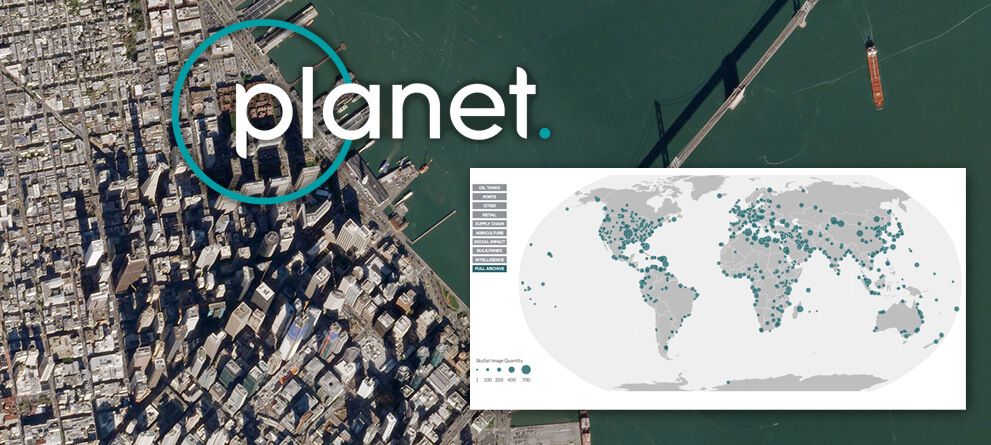Microsoft Partners Planet Labs to Provide AI and Satellite Data

Planet Labs PBC and Microsoft Corp. have announced an expanded relationship to use artificial intelligence (AI) technology and satellite data to help African climate adaption programs. Planet Labs PBC is a provider of daily data and insights about Earth.
The development of a related AI Innovation Council comprising regional partners and nonprofits, as well as Microsoft’s recently announced first worldwide extension of its AI for Good Labs into Nairobi, Kenya, and Cairo, Egypt, are supported by this technological collaboration.
Microsoft and Planet worked together with the United Nations Office of the Secretary General in their inaugural partnership earlier this year. They collaborated with the UN Operations and Crisis Center (UNOCC) to monitor Ukraine’s schools, hospitals, and infrastructure for the provision of water, sanitation, hygiene, and healthcare waste management services.
The AI Innovation Council has nominated projects that specifically focus on early warning systems and climate adaptation, which is the process of adjusting to current or anticipated effects of climate change. Through this program, data scientists based in Africa will have access to Planet satellite imagery from all over the African continent.
With this project, Planet will have worked with Microsoft’s AI for Good Lab for the third time this year. The Global Renewables Watch (GRW) and the partnership’s initial project, a thorough assessment of building damage during the commencement of the Russo-Ukrainian War, are examples of previous work.
Andrew Zolli, Chief Impact Officer, stated that two things that our Planet and Microsoft teams share in common are a very strong predisposition to action and to accomplish the best at the best scale.
“Once we were able to see how impactful combining AI and satellite data could be, not just technically, but how impactful it can be when in the right hands, we immediately began to think about the complex problems we could go after – humanitarian aid, climate change, food and energy insecurity, etc.”
On Energy Day at the United Nations Climate Change Conference in 2022 (COP27), the two companies also announced that interested users can now sign up for private previews of the Global Renewables Watch (GRW), a first-of-its-kind living atlas designed to map and measure all utility-scale solar and wind installations on Earth using artificial intelligence (AI) and satellite imagery, allowing users to assess clean energy technologies.
In addition to the renewable energy sites mapped in Germany and India that were announced during GRW’s launch in September 2022, the GRW team also unveiled the comprehensive mapping of solar and wind installations in Kenya, Brazil, and Egypt.
